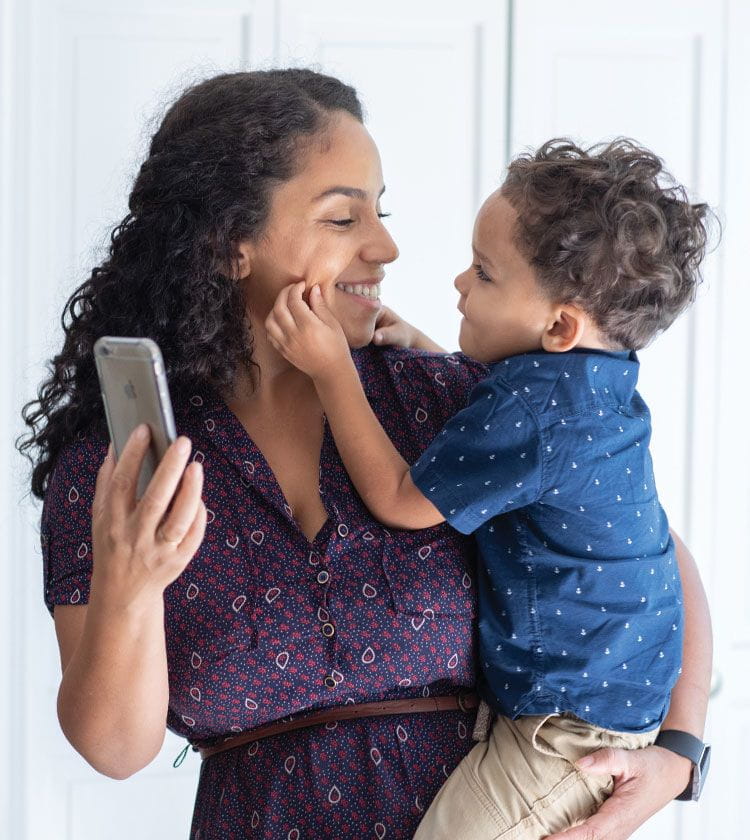Start Your Search Early
When it comes to finding daycare, the earlier you start, the better. You’ll be able to avoid gaps in child care, avoid being placed on a waitlist (or get a spot on the waitlist that corresponds with the date you’ll actually need care), and take the time you need to make an informed decision.During your search, be sure to do a daycare comparison of the centers in your area. Research what to expect at a daycare and visit your options to see what they’re like firsthand. This will give you the best opportunity for finding daycare you can feel great about for your child.
What to Look for When You’re Finding Daycare
As you research local centers and take daycare tours, you’ll start to notice similarities and differences — but what should you actually be looking for in order to find a high-quality daycare?Qualifications
One of the first things to consider in a daycare is each staff member’s child care experience, their level of education, and whether the center can provide parent references and/or testimonials.
Teacher and Staff Retention
How many staff members have been at the center for years or even decades? Ask what the turnover rate is like. How many new employees are there — and why? Has the center expanded recently or are the new employees replacing those who’ve left? High turnover can be a red flag.
Licensing & Accreditation
At minimum, daycare centers must be licensed by the state in which they operate. Those that go above and beyond strive for accreditation through national accrediting associations, such as the National Association for the Education of Young Children (NAEYC).
Curriculum
Finding daycare with a curriculum that supports all areas of your child’s development is key. Look for a curriculum that includes math, science, literacy, art, movement, support for social-emotional skills, and more; plus, ask how the curriculum was created and whether daily activities are based on children’s interests.
Engaging Experiences
As you tour centers, observe what the interactions are like between teachers and children. Ask about age-appropriate classroom activities and extra enrichment activities. Finding daycare that keeps your child engaged throughout the day is important.
Daily Routines
Structure and repetition help children learn, so a quality care program will have a routine that they follow — usually including classroom time, meals, nap, and movement or outdoor time.
A Welcoming Environment
Finding daycare where all are welcome will help your whole family feel comfortable. Look for a center that celebrates diversity and inclusion, explores all cultures, and fosters a community of support and understanding.


